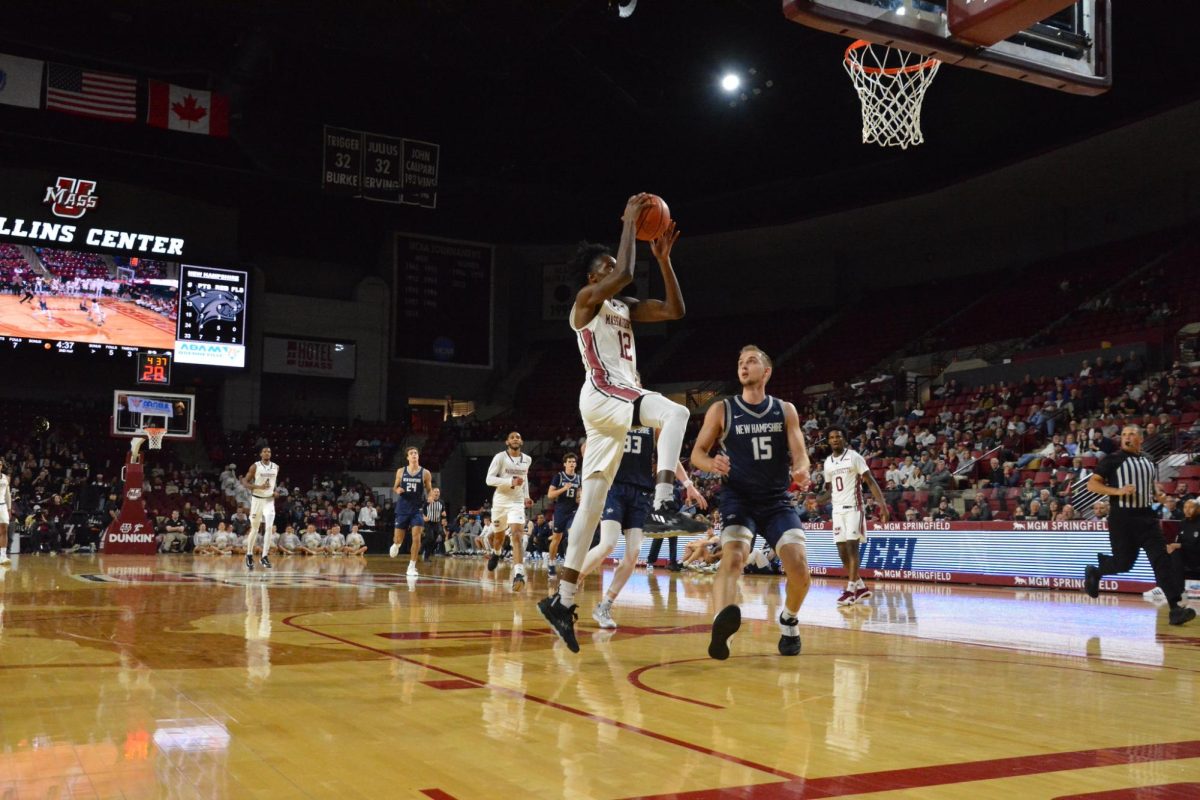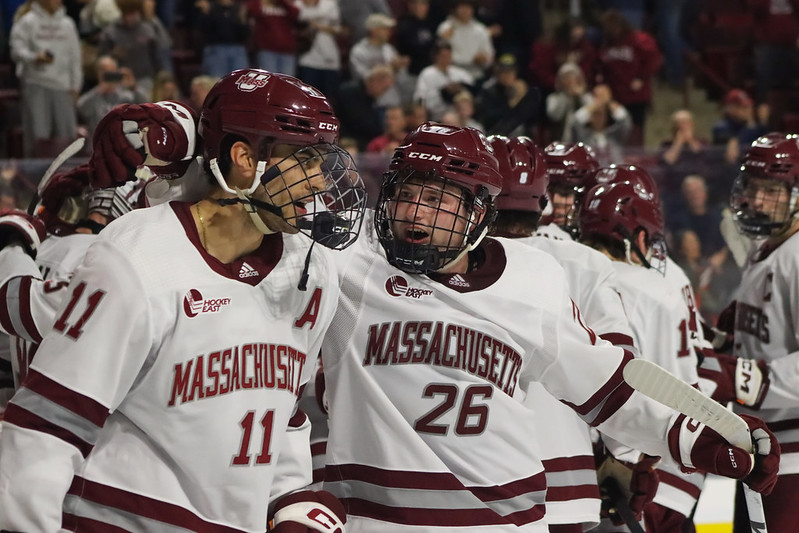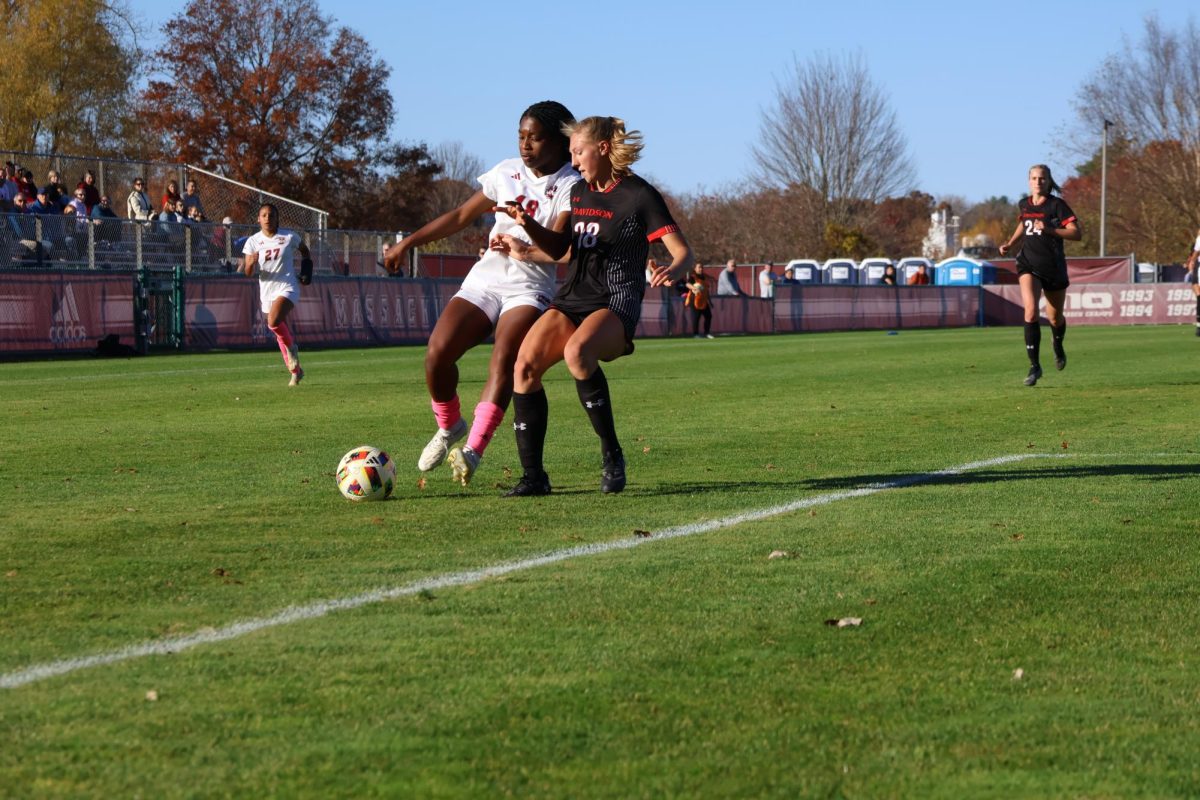 A study by the American Enterprise Institute for Public Policy Research, entitled “Leisure College, USA” makes the claim that college students studied about 14 hours a week in 2003 in comparison to the 24 hours a week students studied in 1961.
A study by the American Enterprise Institute for Public Policy Research, entitled “Leisure College, USA” makes the claim that college students studied about 14 hours a week in 2003 in comparison to the 24 hours a week students studied in 1961.
The findings of this study also show that this decline has nothing to do with the type of institution a student attends, whether or not they work, or what they choose to study.
The study was written by two professors from the University of California, Mindy Marks and Philip Babcock. Babcock says the research was inspired by a similar survey that pertained only to students of the University of California, “The study-time numbers looked quite low to us, and we wondered if this was true across the nation and if it had always been true.”
The research that followed confirmed these low numbers in current study time clocked by university students.
The data collected by Babcock and Marks includes four sets of data coming from the years 1961, 1981, 1987-1989, and 1991-2003, which involves the responses of full-time students to a survey asking the number hours each studied per week. From these surveys the researchers were able to see an obvious pattern: Study time had gone down, and drastically at that. Hoping to find the cause of the decline, the duo looked at the changes in college culture that occurred over the time span. The two major possible reasons Marks and Babcock cited in their research that may have led to the major decrease in study time were the use of technology and falling standards in universities all over the country.
The use of technology would surely make tasks that would have taken longer before the widespread use of the Internet, such as writing a paper, quicker and easier to complete. However, the study shows that most of the decline took place prior to 1981, a time in which this access to technology was impossible. This means that while technology has had an impact on the amount of time students spend studying, the impact is minimal and recent with little relevance to the study’s findings.
What might be causing this trend according to the research? Universities whose standards for students have dropped in recent decades, resulting in students today who do not need to work as hard in college as students in 1961. This conclusion is problematic as there is no precise way to test the standards of universities today and so many factors affect student study time. However those who believe this theory have several explanations such as student desire for leisure time and the catering of universities to such desires in an effort to attract students.
Ben Smith, a freshman here at the University of Massachusetts who plans to major in biology agrees that there are a lot more options available to students in terms extracurricular activities, particularly club sports and other athletics. This would cause studying to be less of a priority, as today students need not be a part of their college team to have time committed to sports or almost any other activity.
Similarly, Kathryn Tolley, Phil McGilvary and Kit Dyer, all UMass sophomores say that college standards are not the only things that affect study time.
Tolley said that, with larger numbers of students receiving higher education, it has become the cultural norm to go to a university and thus those who do “may not be as study-orientated,” but rather may be attending a university because it is expected of them.
McGilvary agrees that the expectations universities have of students may have changed in a not-so-negative way, claiming that today oftentimes students need to go to graduate school to acquire the qualifications that were once held by undergraduates in order to compete in the job market. This would mean that today the amount of work required of an undergraduate student is similar to what a high school student needed to accomplish 40 years ago.
Dyer feels as though she was more prepared for college than students in the past may have been because as she says, “Now when you are in high school the teachers are there to teach you primarily how to learn and in college you are there to learn the actual material.”
However, this is all speculation and, without more in-depth research, the true reason for the decline in time spent studying by college students would need to be done for a truly accurate explanation to be found.
But in the end, no university can be held entirely responsible for the study habits of its students, who are as adults responsible for themselves, according to Professor Blaustein who works in the Center for Neuroendocrine.
“Universities really can’t be harder. Some professors are demanding; some aren’t,” she said. “Some students rise to the challenge and try to get as much out of college as they can; some don’t. The amount of time students study is determined by the student, not the universities.”
Lucia Panasci can be reached at [email protected].






